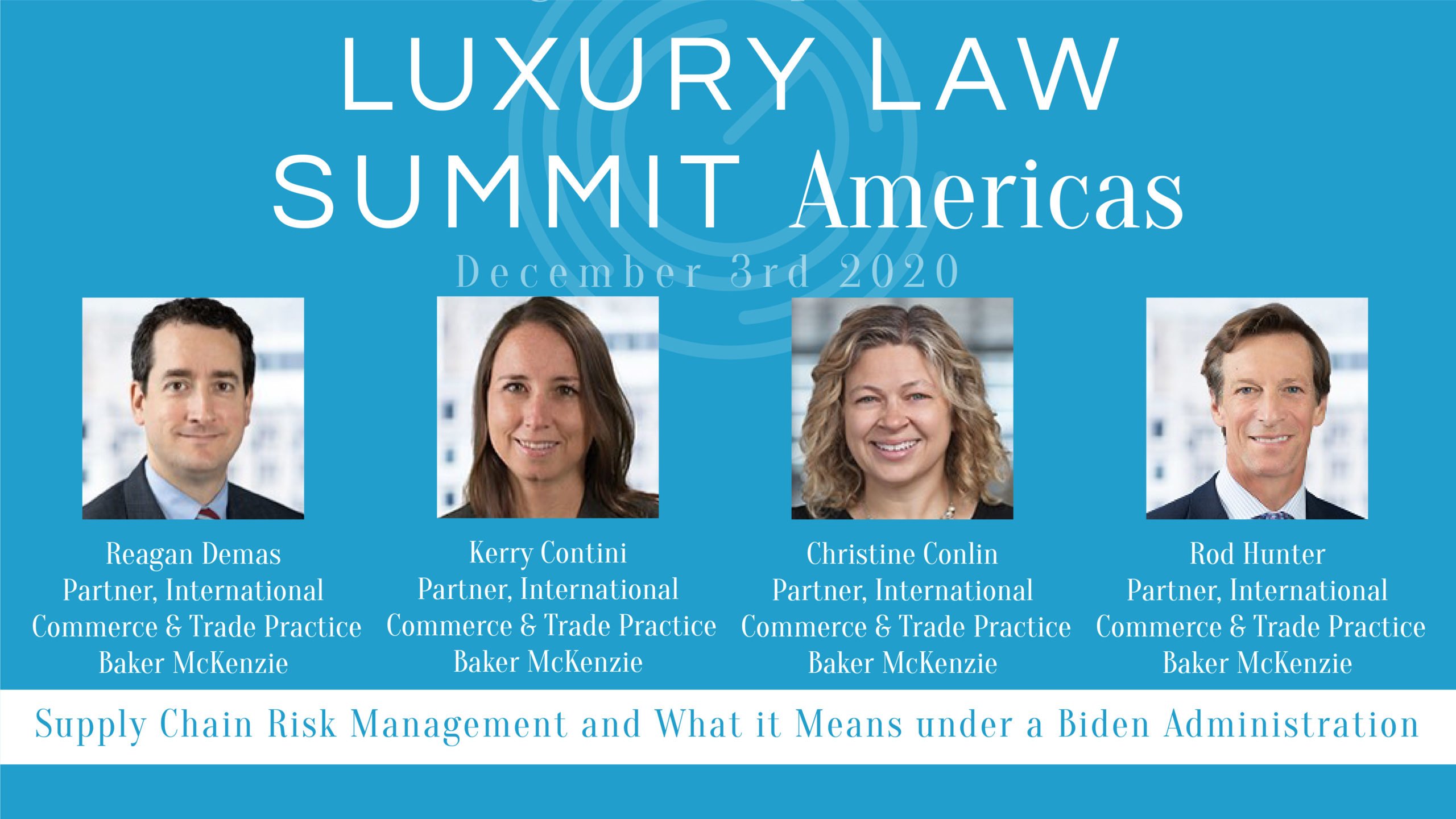On June 8, the White House published a set of reports on the 100-day interagency reviews conducted pursuant to Executive Order 14017 “America’s Supply Chains” (“the Reports”). The Reports assessed supply chain risks and vulnerabilities related to the following four key supply chains and made policy recommendations to address those risks: semiconductor manufacturing and advanced packaging;large capacity batteries, including electric vehicle batteries;critical minerals and materials; andpharmaceuticals and advanced pharmaceutical ingredients. The Reports were accompanied by…
On April 21, the US Department of Agriculture (“USDA”) published a request for comments on supply chains for the production of agricultural commodities and food products under the America’s Supply Chains Executive Order (the “Supply Chain EO”) that President Biden signed on February 24, 2021. (See our blog post on the Supply Chain EO for more background.) Agricultural commodities and food products is one of the six industrial sectors the supply chains of which are subject to review pursuant…
On April 13, the US Department of Defense (“DOD”) published a request for comments on the strategic and critical materials supply chain under the America’s Supply Chains Executive Order (the “Supply Chain EO”) that President Biden signed on February 24, 2021. (See our blog post on the Supply Chain EO for more background.) Strategic and critical materials, which include rare earth elements and other minerals and metals used in laptops, cell phones, and other technologies,…
On February 24, 2021, President Biden signed an Executive Order on America’s Supply Chains (the “Supply Chain EO”) ordering federal agencies to identify vulnerabilities in key US supply chains and develop policy recommendations to make those supply chains more resilient, diverse, and secure. In his remarks prior to signing the Supply Chain EO, President Biden presented the review as a strategic initiative that will complement shorter-term efforts to address recent shortfalls in semiconductor supplies, and…
Introduction The UK, US, and Canadian governments have recently announced a range of new measures in relation to human rights violations alleged to be taking place in Xinjiang, China. The new measures include enhanced due diligence requirements for companies with links to the region in order to identify and remove the use of forced labor from their supply chains. The move further underlines the importance of effective supply-chain risk management for companies with complex global…
Please join the Baker McKenzie team on Thursday, December 3 for a workshop on Supply Chain Risk Management and What It Means Under a Biden Administration. The discussion, slated to start at 12:10pm ET, will be part of the Luxury Law Summit. Baker McKenzie experts will address risk management in the supply chain with a focus on: Supplier risk and relationship managementGrowing risk under a Democratic administrationExport controls and sanctions risks in the supply chain lifecycle,…
FDA Food Safety Modernization Act Proposed Rule to Advance Traceability of Foods Key Takeaways On September 23, 2020, the Food and Drug Administration (FDA, the Agency) released its proposal to establish additional recordkeeping requirements for those that manufacture, process, pack, or hold foods on the Food Traceability List by collecting Key Data Elements (KDEs) associated with different Critical Tracking Events (CTEs). If finalized, this rule has the potential to impact a significant number of organizations…
Many companies conduct audits of suppliers for compliance with applicable laws, including laws regulating forced labor, trafficking, underage labor, worker safety, and related human rights matters. But what are the key legal considerations in conducting supplier compliance audits, and what is the best practice for doing so?
Given recent global events, it goes without saying that supply chains have been tested in recent months. Designing a resilient supply chain is the key to not only weathering the current pandemic, but also to overcoming future unexpected disruptions. In the current pandemic-induced crisis, the disruptions may be geographic (e.g., factories/plants shut down in certain geographic locales, making sourcing difficult or impossible). But there may also be disruptions based on trade-related developments (e.g., increased tariffs,…
Check out Baker McKenzie’s latest report “Supply Chains Reimagined: Recovery and Renewal in Asia Pacific and Beyond” for fascinating and useful information about global supply chains in the pandemic and post-pandemic era. The report features analysis of global export market share data from Silk Road Associates covering 350 product categories and 150 countries. The report identifies takeaways for each industry sector and five key trends for global supply chains. One of these trends is increasing…






